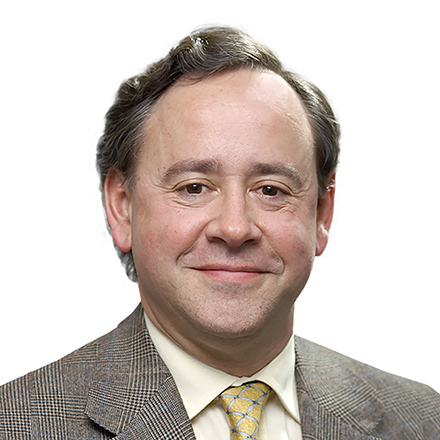- MD – Degree-Universidad Complutense of Madrid (MD).
- Specialist in Stomatology. Universidad Complutense de Madrid (DDS).
- Specialist in.Periodontology. University of California, Los Angeles (UCLA).
- Doctor en Medicine (PhD degree). Universidad Complutense de Madrid (DrMed).
- Honorary Doctorate Degree by the University of Buenos Aires (Argentina) (DrHC).
- Honorary Doctorate Degree by the University of Gothenburg (Sweden) (DrHC).
- Honorary Doctorate Degree by the University of Coimbra (Portugal) (DrHC).
- Honorary Doctorate Degree by the University of San Sebastian in Santiago de Chile (DrHC).
- Professor of Periodontology. Universidad Complutense de Madrid.
- Professor II University of Oslo.
- Director of the Graduate Programme “Master in Periodontology”. Universidad Complutense de Madrid.
- Chairman of the Workshop Committee of the European Federation of Periodontology.
- Past – Dean of the Faculty of Odontology. Universidad Complutense de Madrid.
- Past – President of the European Conference of Dental Deans (ADEE).
- Past-Secretary General of the European Federation of Periodontology (EFP).
- Past-President of the Spanish Society of Periodontology (SEPA).
- Past -President of the Pan European Region (PER) of the International Association for Dental Research (IADR-CED).
- Associate Editor of the Scientific Journal Evidence-Based Dental Practice and Journal of Clinical Periodontology.
- Has published more than 250 scientific articles and book chapters in Periodontology, Implant Dentistry and Dental Education.
- Has given multiple courses and seminars in Periodontology, Implant Dentistry and Dental Education.
Click here for abstract:
 The relevance of periodontal surgery in light of the new classification of Periodontal Diseases and Conditions
The relevance of periodontal surgery in light of the new classification of Periodontal Diseases and Conditions
The decision to when indicate periodontal surgery has been traditionally based on the presence of residual pathology after non-surgical cause related therapy, mainly the presence of deep probing depths and bleeding on probing. The new classification of periodontal diseases has focused the categorisation of periodontitis not only on severity but also on complexity what has important implications on how to implement periodontal therapy in general and periodontal surgery specifically. Furthermore the focus on personalised therapies derived from the grading of periodontitis patients according to risk of further progression also changes to approach to periodontal therapy. In this presentation we shall put the focus on how to apply staging and grading of periodontitis patients into treatment plans which involve periodontal surgery.
 The relevance of integrating periodontal therapy with implant and orthodontic therapy in the treatment of Stage IV periodontitis patients
The relevance of integrating periodontal therapy with implant and orthodontic therapy in the treatment of Stage IV periodontitis patients
The main difference between Periodontitis Stages III and IV is amount of teeth lost for periodontal reasons and the presence of functional disturbances. The treatment of these patients requires not only periodontal therapy, but a multidisciplinary approach where the integration of dental implants and orthodontics restores the patient lost dentition and its function. In this presentation we shall present the basic foundation of multidisciplinary integration and the clinical decision making in the treatment of these complex cases. Different clinical cases will be presented and discussion and interaction with the audience will be seeked

